Cholic acid
Cholic acid, a primary bile acid produced in the liver, is essential for digesting and absorbing fats and fat-soluble vitamins, used in diagnosing and treating liver and gallbladder diseases, and available as a pharmaceutical agent and dietary supplement, highlighting its vital role in digestion and therapeutic applications.
Overview:
Cholic acid is a primary bile acid produced in the liver from cholesterol and plays a vital role in the digestion and absorption of fats and fat-soluble vitamins in the small intestine. It is a major component of bile, which is stored in the gallbladder and released into the digestive tract as needed. Beyond its essential function in digestion, cholic acid is also used in the medical field for diagnosing and treating certain liver and gallbladder diseases, showcasing its importance in both physiology and therapeutics.
Cholic acid Key Features:
– Digestive Aid: Facilitates the emulsification and absorption of dietary fats and vitamins.
– Medical Diagnostic Tool: Used in tests to diagnose liver and gallbladder function.
– Therapeutic Agent: Treats conditions involving bile acid synthesis disorders and specific types of liver disease.
– Natural Origin: Produced endogenously in the liver and also available as a supplement derived from animal sources.
Cholic acid Applications:
– Pharmaceuticals: Utilized in the treatment of bile acid synthesis disorders and as a supplemental therapy in certain liver conditions.
– Dietary Supplements: Available for those needing additional bile support for fat digestion, especially in cases of gallbladder removal or dysfunction.
– Research and Diagnostics: Employed in scientific studies related to cholesterol metabolism and bile acid physiology.
Cholic acid Functions:
– Enhancing Fat Digestion: Acts as a surfactant, breaking down large fat globules to facilitate digestion and absorption.
– Regulating Cholesterol Levels: Involved in the excretion of cholesterol from the body, influencing overall cholesterol balance.
– Supporting Metabolic Health: Plays a role in the enterohepatic circulation, affecting various aspects of metabolic health.
Details
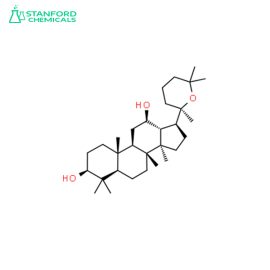
| Available Sizes | 30 capsules, 60 capsules, 90 capsules |
|---|---|
| Key Ingredient | High-quality, pure Panaxadiol extract |
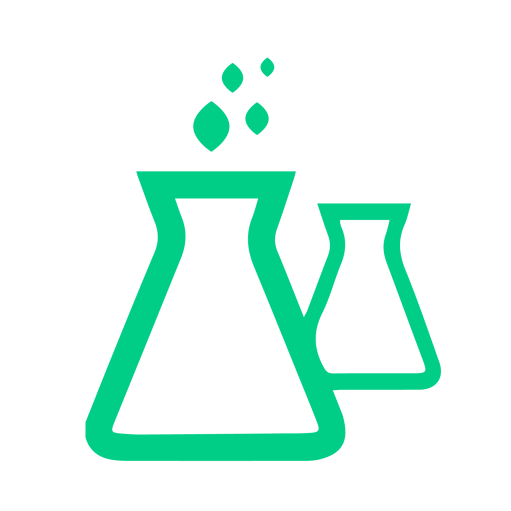
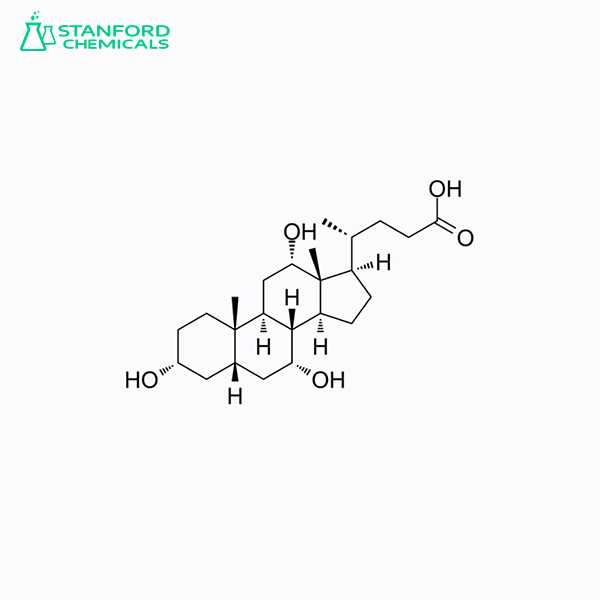

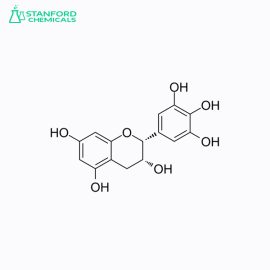
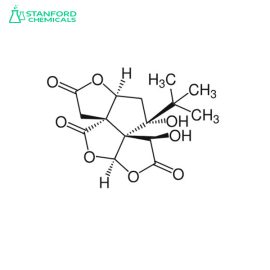
Reviews
There are no reviews yet.